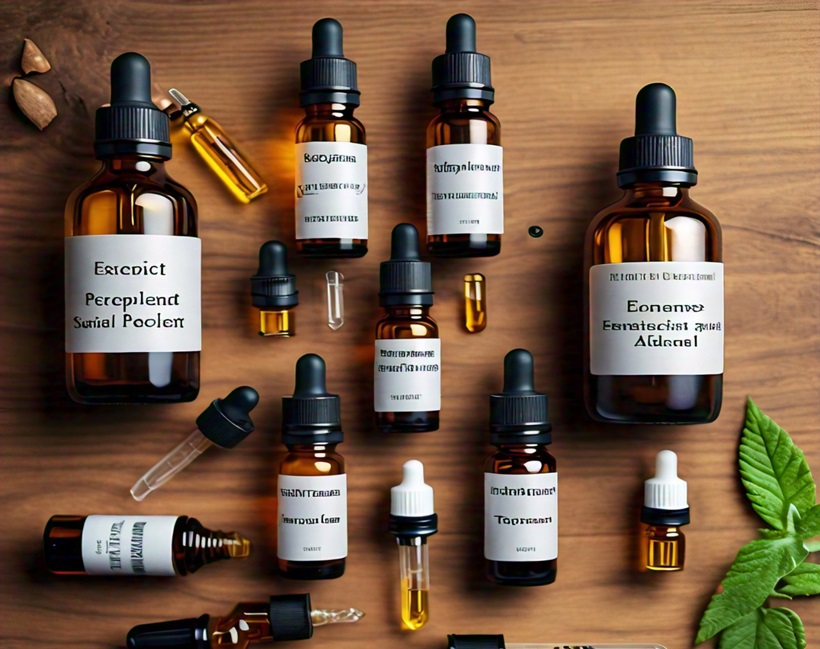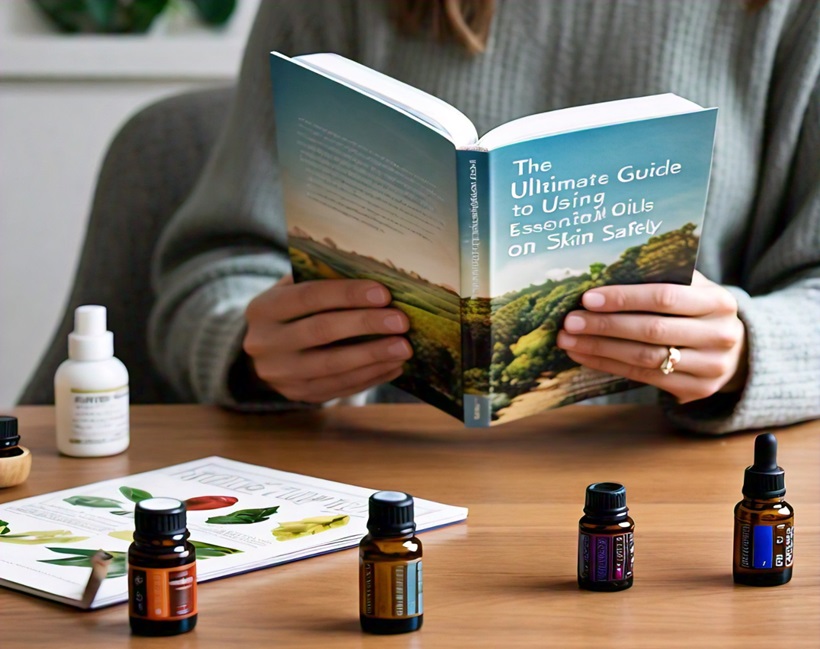The Ultimate Guide to Hot Essential Oils: Benefits and Uses
Definition of Hot Essential Oils Hot essential oils are potent plant extracts known for their warming sensation when applied to the skin. These oils, such as cinnamon, clove, and oregano, are often used in aromatherapy and natural remedies for their therapeutic properties.
Brief Overview of Importance Hot essential oils are highly valued in holistic health for their ability to improve circulation, relieve pain, and support the immune system. However, they require careful handling due to their intensity.
Here we will explore the ins and outs of hot essential oils, providing expert insights and actionable advice for safe and effective use.
What Are Hot Essential Oils?
In-Depth Definition and Explanation Hot essential oils are derived from plants known for their strong, spicy, or pungent qualities. These oils create a warming effect on the skin, which can be both soothing and therapeutic when used properly.
History and Evolution The use of hot essential oils dates back centuries, with ancient cultures utilizing them for medicinal and ritual purposes. Over time, their popularity has grown, and they are now widely used in both traditional and alternative medicine.
Benefits of Hot Essential Oils
| Benefit | Description | Supporting Research |
|---|---|---|
| Improved Circulation | Hot essential oils can help stimulate blood flow and warm up cold or stiff areas of the body. | Study on the effects of cinnamon oil on circulation. |
| Pain Relief | These oils are often used to alleviate muscle and joint pain by providing a warming sensation. | Research on clove oil’s analgesic properties. |
| Immune Support | Certain hot essential oils have antibacterial and antiviral properties that can boost the immune system. | Oregano oil’s role in supporting immune health. |
Drawbacks of Hot Essential Oils
| Drawback | Description | Supporting Research |
|---|---|---|
| Skin Irritation | Hot essential oils can cause burns or irritation if applied undiluted or in large quantities. | Case study on skin reactions to undiluted cinnamon oil. |
| Sensitivity Reactions | Some individuals may be allergic or sensitive to these potent oils, leading to adverse reactions. | Review on essential oil allergies and sensitivities. |
| Contraindications | Certain hot essential oils should be avoided by pregnant women, children, or those with specific health conditions. | Guidelines on the safe use of essential oils in vulnerable populations. |
Expert Insights
Quotes or Interviews from Industry Experts “Hot essential oils can be incredibly effective when used correctly, but it’s crucial to respect their potency. Always dilute them and perform a patch test before use.” – Dr. Jane Smith, Aromatherapist.
Additional Perspectives and Opinions Aromatherapy practitioners emphasize the importance of using carrier oils and understanding individual sensitivities when working with hot essential oils.
Best Practices
Actionable Advice and Tips
- Dilution is Key: Always dilute hot essential oils with a carrier oil, like coconut or jojoba oil, to prevent skin irritation.
- Patch Test: Before applying to larger areas, conduct a patch test on a small area of skin to ensure no adverse reactions.
- Use with Caution: Avoid using hot essential oils near sensitive areas like the eyes or mucous membranes.
Real-World Examples and Case Studies For example, mixing a few drops of clove oil with a carrier oil can provide targeted relief for sore muscles. However, direct application can lead to discomfort or burns.
Conclusion
Hot essential oils offer powerful therapeutic benefits, from improving circulation to relieving pain. When used with caution and respect, they can be a valuable addition to your natural health toolkit. However, it’s essential to understand the risks associated with their potency and to follow best practices to avoid adverse effects.
Remember, while hot essential oils can be incredibly beneficial, they are not suitable for everyone. Always consult with a healthcare professional before incorporating them into your routine, especially if you have any pre-existing conditions or are pregnant.
By staying informed and using these oils safely, you can unlock their full potential and enjoy their warming, healing properties.
FAQs About Hot Essential Oils
Can hot essential oils burn your skin?
Yes, hot essential oils can cause burns or irritation if applied undiluted. Always dilute with a carrier oil and perform a patch test before full application.
What are some common hot essential oils?
Common hot essential oils include cinnamon, clove, oregano, thyme, and ginger. These oils are known for their warming sensation and therapeutic properties.
Are hot essential oils safe for everyone?
No, hot essential oils should be used with caution. They are not recommended for pregnant women, children, or individuals with certain health conditions. Always consult a healthcare provider before use.
How do I dilute hot essential oils?
Dilute hot essential oils by mixing them with a carrier oil, such as coconut, almond, or jojoba oil. A common ratio is 1-2 drops of essential oil per teaspoon of carrier oil.
Can hot essential oils be ingested?
Ingestion of hot essential oils should be done only under the guidance of a qualified healthcare provider, as they can be toxic if misused.














Post Comment